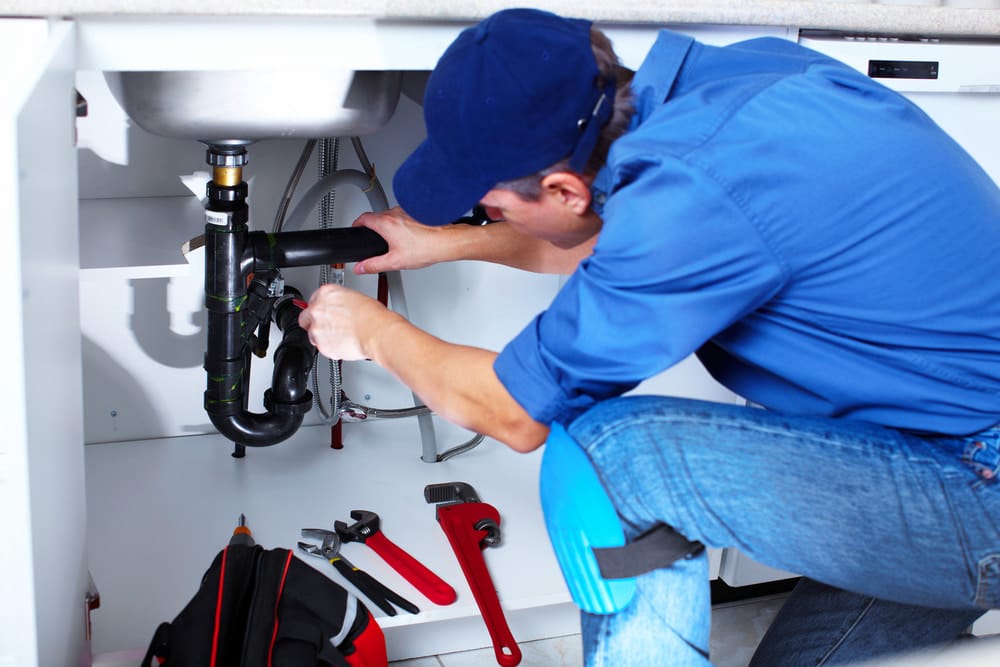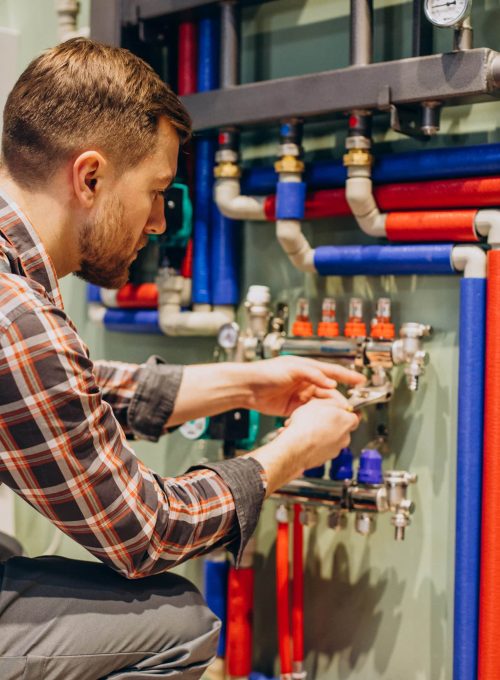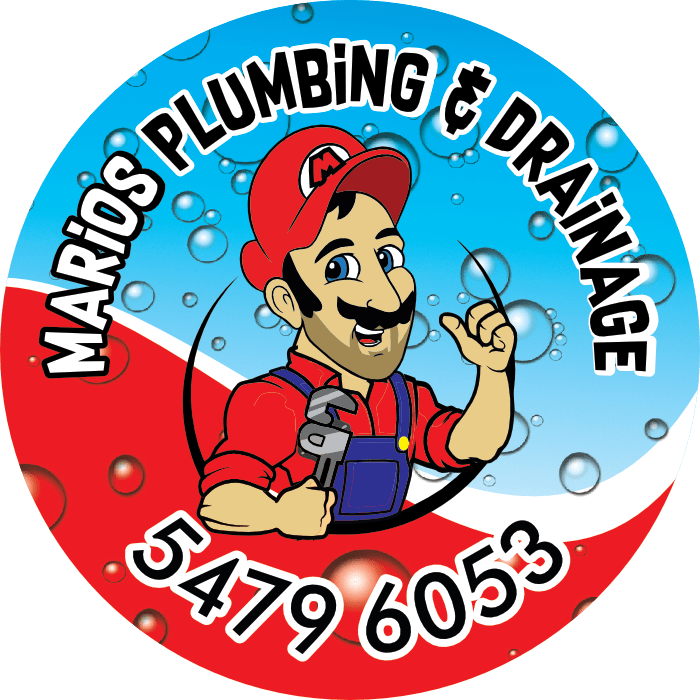Electric hot water systems are devices designed to provide a continuous supply of hot water for residential and commercial purposes. These systems use electricity to heat water, making them a popular and convenient choice for many households.
Knowing the Lifespan of Electric Hot Water Systems
Understanding the lifespan of electric hot water systems is crucial for homeowners. It provides foresight into potential issues, allowing for proactive maintenance and replacement planning.
Knowing about a system’s longevity empowers individuals to make informed decisions about repairs or upgrades, preventing unexpected breakdowns that can disrupt daily life. Awareness of the lifespan aids in budgeting, as homeowners can anticipate future expenses related to water heating systems.
By staying informed, users can implement preventative measures, extend the equipment’s life, and explore energy-efficient options, contributing to cost savings and sustainable living practices.
The Significance of Regular Maintenance and Care
Regular maintenance and care play a big role in the longevity of electric hot water systems. Routine upkeep prevents corrosion, sediment buildup, and component wear, ensuring optimal performance.
Neglecting maintenance can lead to inefficiency, increased energy consumption, and premature system failure, underscoring the crucial role of proactive care in extending the lifespan of these essential appliances.

Understanding Electric Hot Water Systems
Electric hot water systems are essential appliances in homes, providing a steady supply of hot water for various domestic activities. Understanding the basic functioning of these systems helps users appreciate their efficiency and make informed decisions regarding maintenance and potential upgrades.
✔ Heating Element:Electric hot water systems utilize a heating element, typically made of a high-resistance material like nickel-chromium alloy. When the system is activated, an electric current passes through the heating element, generating heat through electrical resistance.
✔ Thermostat Control:The thermostat is a crucial component responsible for regulating the water temperature. Users can adjust the thermostat settings based on their preferences, ensuring the water is heated to the desired temperature.
✔ Insulation: Tanks in traditional electric hot water systems are insulated to minimize heat loss. This insulation helps retain the heat generated by the heating element, promoting energy efficiency and reducing the workload on the system.
✔ Tank and Piping System:Traditional electric hot water systems consist of a tank that stores and heats a specific volume of water. Cold water enters the tank through a dip tube, and hot water is drawn from the top. As hot water is used, cold water is introduced, and the heating element kicks in to maintain the set temperature.
Different Types of Electric Hot Water Systems (Tank vs. Tankless)
Tank Systems
Tank systems store a predetermined amount of water and keep it heated at all times.
Advantages
Constant hot water availability.
Suitable for households with moderate to high water consumption.
Considerations
Standby heat loss when water is not in use.
Limited capacity may lead to running out of hot water during periods of high demand.
Tankless Systems
Tankless systems, or on-demand water heaters, heat water only when needed.
Advantages
Energy-efficient, as they do not store hot water continuously.
Unlimited hot water supply on demand.
Considerations
Higher upfront cost.
Installation may require electrical upgrades.

Key Components and their Role in System Longevity
Anode Rod
Protects the tank from corrosion by attracting corrosive elements. Importance: Regular inspection and replacement contribute to prolonged tank life.
Pressure Relief Valve
Releases excess pressure to prevent tank damage. Importance: Ensures safety and prevents catastrophic failures.
Sediment Buildup
The accumulation of sediments at the bottom of the tank can reduce heating efficiency. Regular flushing of the tank minimizes sediment buildup, enhancing system performance and longevity.
Quality of Tank Insulation
Insulation reduces standby heat loss. Higher-quality insulation promotes energy efficiency and extends the life of the heating element.
Understanding these components and their roles empowers users to make informed decisions about maintenance practices, system upgrades, and overall care for their electric hot water systems.


